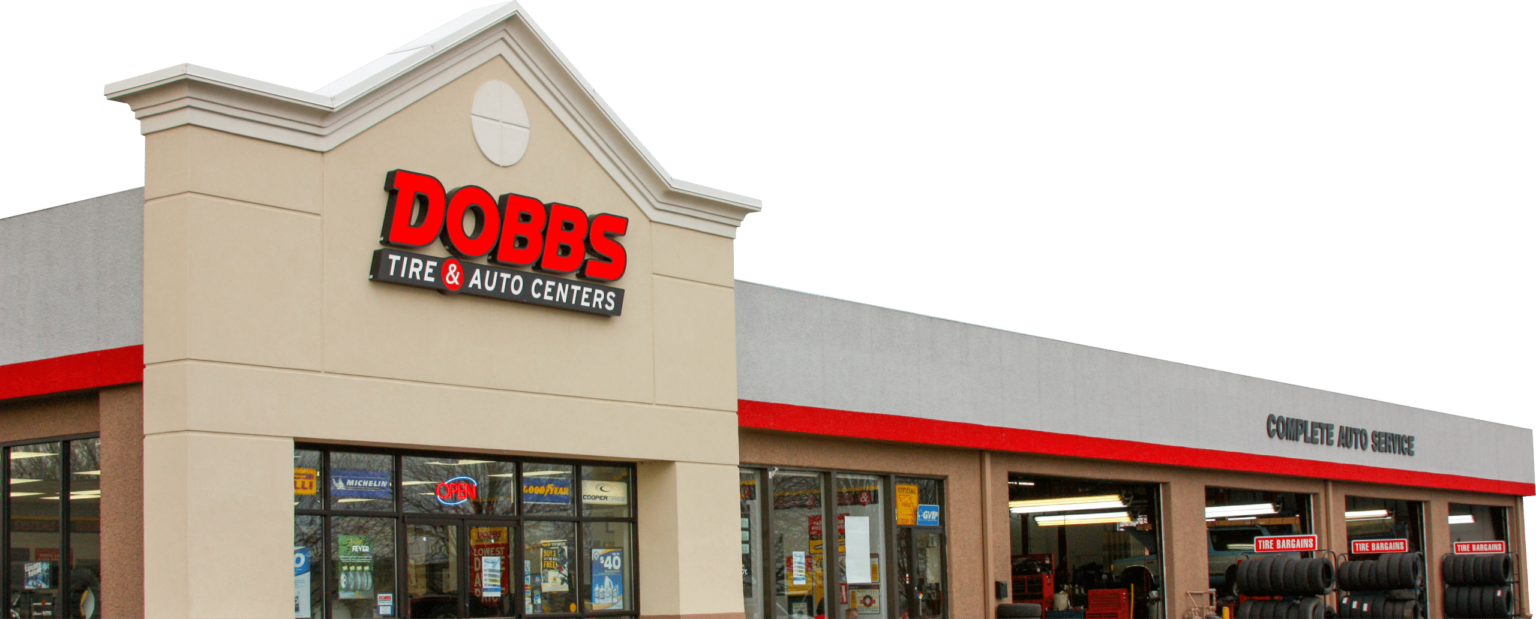Fuel Injectors
What are Fuel Injectors?
All engines require three basic things to run – air, fuel, and spark. If any one of them is not present in time or quantity, the engine will run poorly, if at all. All diesel engines and, since the mid-1980s, gasoline engines have been equipped with fuel injectors, spraying fuel in or near the cylinder.
Older fuel injection systems were mechanical, but modern fuel injection systems are controlled electronically by the engine control module (ECM). Fuel is delivered, under pressure, to the fuel injectors by a fuel pump, usually in or near the fuel tank. Gasoline direct injection (GDI) and diesel engines also use a secondary mechanical fuel pump, mounted on the engine, to increase fuel pressure for direct injection. The ECM determines how much fuel to inject, and when, depending on engine load, temperature, speed, driver demand, and several other factors.
Why are Fuel Injectors Important?
As fuel is one of the three critical “ingredients” of a properly-running engine, fuel injector problems can manifest themselves in several ways. Here are just a few fuel injector problems and possible symptoms:
- Clogged Fuel Injector – Fuel injector spray pattern is precise and critical for efficient fuel vaporization and combustion. A partially-clogged fuel injector could “dribble” a little, instead of emitting a fine atomized spray, leading to poor performance, cylinder misfire, an erroneous fuel system “rich” condition, even catalytic converter damage. A fully-clogged fuel injector won’t allow fuel into the cylinder, leading to a cylinder misfire (“dead” cylinder), poor performance, rough idle, possibly hard starting.
- Leaking Fuel Injector – A leaking fuel injector is usually caused by debris (technically “clogged”) that keeps the injector partially open. Instead of sealing, the fuel injector keeps dripping, even when the engine is shut down. The check engine light (CEL) will usually indicate a fuel system “rich” condition and possible catalytic converter damage (blinking CEL). You may also experience hard starting, long cranking, engine ping, cylinder backfire. Left unchecked, a leaking fuel injector could cause oil thinning, leading to lubrication problems.
- Dead Fuel Injector – Like a clogged injector, a “dead” fuel injector sprays no fuel, but because of an electrical problem, leading to a dead cylinder. If the injector coil burns out, some vehicle ECMs might indicate a fuel injector circuit problem. You will experience hard starting and poor performance.
What can Dobbs Tire & Auto Centers Do for You?
Fuel injector problems can be traced as far back as the fuel injectors themselves, which is why you need a team of experienced technicians and modern equipment to keep them running your engine. Dobbs Tire & Auto Centers employs only ASE-Certified auto repair technicians, specialists in drivability diagnosis, maintenance, and repair. If you are experiencing performance or efficiency problems or have an illuminated check engine light, a Dobbs technician can determine if fuel injectors are the cause and prescribe an appropriate repair.
“You Can Depend on Dobbs” – Dobbs Tire & Auto Centers, Home of the Fixed Forever Service Warranty. Locally and Family Owned Since 1976
